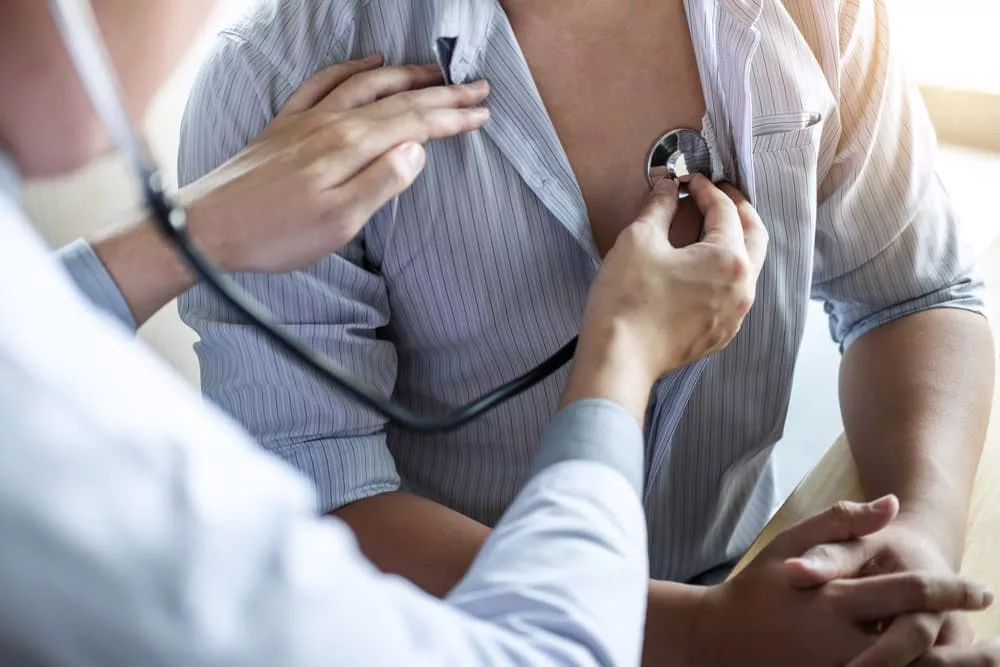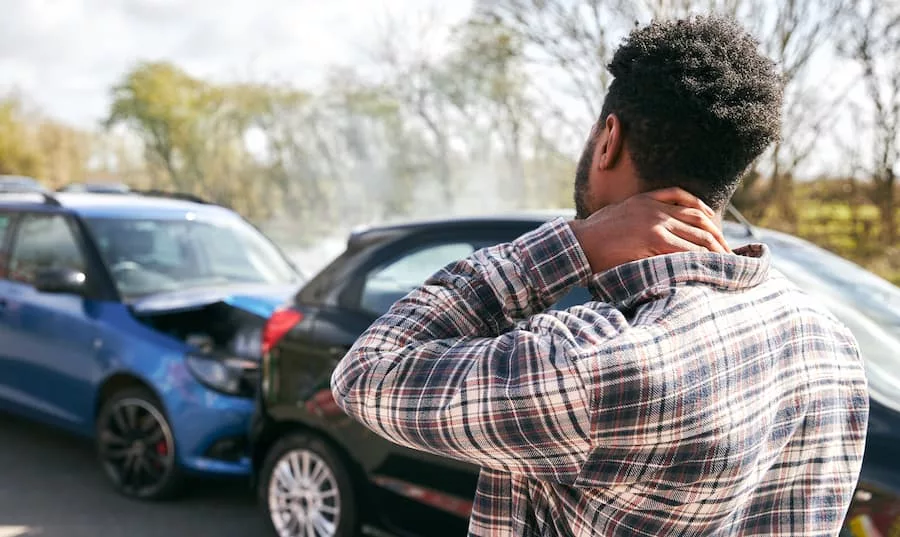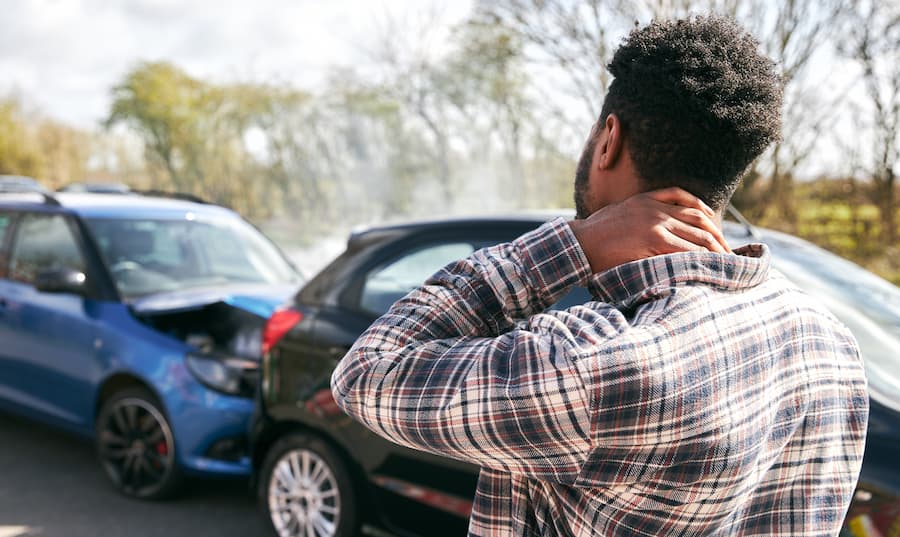If you are partly to blame for a car accident, you might worry whether you can recover compensation for your injuries and accident-related losses. In Florida, you can still seek compensation after a car accident whether you are partly responsible. Whether you are at fault or not, Florida’s no-fault insurance system provides a way to recover at least some of your damages.
However, car accidents involving shared fault quickly grow complex. Insurance companies are out to protect their bottom lines, so they often try to diminish the amount of compensation you can recover any way they can, including by shifting as much of the blame onto you as possible. Working with an experienced car accident attorney is the best way to pursue maximum compensation for your losses after an accident, even if you are partly to blame. Reach out to a Miami car accident lawyer.
This page explains Florida’s no-fault insurance system and how it affects claims involving shared liability. It also describes instances when a car accident victim can file a lawsuit and how partial liability might affect that lawsuit.
Why Car Accidents Involving Partial Blame Are Complex
Car accidents involving partial blame are complex because they often involve multiple parties and interlinked contributing factors. When two or more parties share responsibility for an accident, determining who is at fault and to what degree is difficult. It requires a detailed analysis of the circumstances leading up to the accident and the actions of each party involved. Often, competing versions of events and conflicting witness statements confuse matters.
Therefore, if you suffered an injury in a car accident where you share partial blame, you might need legal counsel to guide you through the confusing claims process and advocate for your rights. Otherwise, you could lose some or all of the compensation you deserve due to unfair accusations of blame.
What Is Personal Injury Protection Insurance?
Under Florida’s no-fault insurance law, individuals with a registered four-wheel vehicle must maintain personal injury protection (PIP) insurance, which covers their medical expenses and other accident-related losses after an accident, regardless of who is at fault.
A PIP insurance policy covers:
- The policyholder, when they get hurt in an accident as a driver, passenger, pedestrian, or cyclist
- The policyholder’s children (when in the vehicle or while riding the school bus)
- Other household members living with the policyholder
- Passengers in the policyholder’s car at the time of the accident (unless they have their own PIP)
- Pedestrians and cyclists the policyholder strikes with their vehicle
How Does Partial Liability Affect PIP Insurance?
If you are partially responsible for a car accident, your PIP insurance will still cover your accident-related losses. That’s because PIP insurance is a type of no-fault insurance that pays out regardless of who causes an accident. Even if the other side says you are partially to blame for a car accident, you should still file a claim with your PIP insurance.
However, there could be a few instances where your PIP insurance might not cover your losses after an accident for which you are partially at fault. For example, if the other side accuses you of committing a felony crime at the time of the accident, an insurer could deny your claim. Then, you will need the help of a car accident lawyer to demand the compensation you deserve.
Compensation Available Through PIP Insurance Claims
Under Florida law, an accident victim can recover compensation for these accident-related losses by filing a PIP insurance claim:
- 80 percent of “reasonable” medical expenses, including the costs of emergency room care, doctor’s appointments, ambulance costs, surgery, diagnostic tests, rehabilitative services, medications, and medical devices
- 60 percent of lost income due to missed time at work while recovering from injuries
- Household services the victim needs while recovering from injuries
- Up to $5,000 in death benefits, if an accident victim dies from their injuries
PIP insurance does not cover non-economic losses, such as pain and suffering, mental anguish, or emotional distress. It also does not cover property damage losses, such as car repair or replacement costs. However, Florida drivers can purchase separate insurance policies for car repairs.
Are There Limits to PIP Insurance?
Yes, you need to know about PIP insurance limits if you’re a Florida driver.
First, your PIP insurance will only pay up to your policy limit, which is $10,000, if you carry the minimum level of PIP coverage the state requires. That means if your medical expenses and other accident-related losses exceed $10,000, you could end up paying the remainder out of pocket. But in some instances, you can seek compensation for losses exceeding $10,000 by filing a personal injury lawsuit.
Second, if you did not suffer an emergency medical condition, Florida law limits the amount you can recover for medical expenses to $2,500.
The law defines a medical condition as an emergency if, without immediate medical attention, a victim could reasonably suffer:
- Serious jeopardy to their health
- Serious impairment to one or more bodily functions
- Serious dysfunction of any organ or other body part
Furthermore, PIP insurance policies limit what medical benefits you can receive. To get reimbursement for your initial medical care expenses, you must seek care from a licensed person or entity, such as a physician or advanced practice registered nurse (APRN). And you can only get compensation for the costs of follow-up care if you go to licensed facilities like hospitals, clinics, or physician-owned practices. PIP benefits do not cover alternative treatments like massage therapy or acupuncture.
When Can a Car Accident Victim Who Is Partially Responsible File a Lawsuit?
In order to step outside of Florida’s no-fault insurance system and file a lawsuit against the other driver, a car accident victim must have suffered a serious injury.
Florida law defines a serious injury as one that causes:
- Significant and permanent loss of an important bodily function
- Harm that appears permanent, to a reasonable degree of medical probability
- Significant and permanent scarring or disfigurement
- Death
Often, injuries of this magnitude exceed the victim’s PIP insurance policy limit of $10,000. Therefore, they might need to pursue compensation through one of two legal options. First, the victim could file an insurance claim against the at-fault driver’s liability insurance policy. Second, the victim could file a personal injury lawsuit against the at-fault driver.
But what if that accident victim was partially responsible for the accident? In Florida, a car accident victim who suffers a serious injury but bears partial blame for the accident can still seek compensation for their losses from other parties, so long as they did not bar more than 50 percent responsibility. However, they will likely recover less money for their lawsuit. That’s because the insurance companies or the courts will assign each party a percentage of fault for the accident and then deduct that percentage from the available compensation.
Calculating and assigning fault is not straightforward. It’s subjective, meaning you can fight to recover as much compensation as possible if you partly caused an accident. A personal injury attorney can help you by presenting evidence to limit your exposure and indicate whether other parties were at fault for the accident.
Compensation Available Through a Third-Party Claim or Personal Injury Lawsuit
If you meet the serious injury threshold to step outside the no-fault system, you can seek compensation for the full extent of your accident-related losses, including the total value of:
- Medical expenses
- Lost income and earning capacity
- Pain and suffering
- Mental anguish
- Emotional distress
- Loss of quality of life
- Loss of consortium
However, if you bear partial blame for the accident, the court could reduce the amount of compensation it awards in proportion to your percentage of fault.
Which Parties Could Share Blame for a Car Accident?
Other drivers are not the only parties that might share blame for a car accident.
For example, with your car accident lawyer’s help, these parties could also bear responsibility for a car accident:
- A driver’s employer. Employers bear responsibility for their employees’ actions while on the job. Therefore, an employer could share some responsibility for an employee who causes an accident in which another driver is also at fault.
- A vehicle manufacturer. A vehicle manufacturer could share blame for an accident if a defect in the car or its parts, such as faulty brakes or steering column, contributed to the accident.
- A pedestrian. A pedestrian could share blame for an accident if they failed to obey pedestrian signals, crossed the street outside a crosswalk, or stepped out in front of a car too close to stop.
- A bicyclist. A bicyclist could share blame for an accident if they disobeyed traffic rules, rode on the wrong side of the road, or failed to use proper hand signals.
- A government entity. A government entity, such as a municipality or state transportation department, could share blame for an accident if poor road conditions, inadequate signage, or other public hazards contribute to the accident.
Common Car Accidents Where Multiple Drivers Share Blame
Several types of car accidents often result in multiple drivers sharing the blame.
Here are some common examples:
- Parking lot accidents. According to the National Safety Council, tens of thousands of parking lot and garage crashes occur annually. Distracted driving causes most of these accidents as drivers search for open spots, talk on their cell phones, launch navigation apps, or rummage around for items in their cars. That makes parking lots prime locations for accidents involving shared fault. For example, two drivers could be at fault if they pulled out of their respective parking spots and collided rear-to-rear. If both drivers failed to check behind them, they could both share fault.
- Sideswipe accidents. Sideswipe accidents occur when two cars driving parallel to each other collide side-to-side. Both drivers could share responsibility for a sideswipe accident if, for example, one driver is speeding when an adjacent driver changes lanes without signaling.
- Intersection accidents. According to the Federal Highway Administration, more than 50 percent of crashes, including both fatal and injury crashes, occur at or near intersections. Intersections involve multiple drivers moving in different directions. If more than one driver disobeys a traffic light or sign, fails to yield the right of way, or otherwise drives distracted, resulting in a collision, several drivers could share responsibility for the accident.
- Rear-end accidents. Typically, the rear driver is responsible for a rear-end accident. However, in some instances, both drivers could share fault. Suppose one driver is texting while driving and fails to notice a pedestrian crossing the road until the last second, then they slam on their brakes to avoid hitting the pedestrian, and another speeding driver collides with the back of their car. In that instance, both the texting and speeding drivers could share the blame for the accident.
Important Deadlines for Seeking Compensation After a Car Accident
Several important deadlines govern when and how a car accident victim recovers compensation:
- Fourteen days. Florida law requires car accident victims to seek medical treatment within 14 days after the accident. That’s why receiving professional medical care after a car wreck is critical, even if you think your injuries are minor. Some injuries can worsen over time. By then, it might be too late to file a PIP claim.
- Two years. Florida’s recently changed statute of limitations establishes a two-year deadline for filing a personal injury lawsuit after a car accident. If you try to file a lawsuit after this deadline, the court will likely dismiss it, effectively eliminating your right to recover compensation for your losses.
What To Do After a Car Accident If You Are Partially To Blame
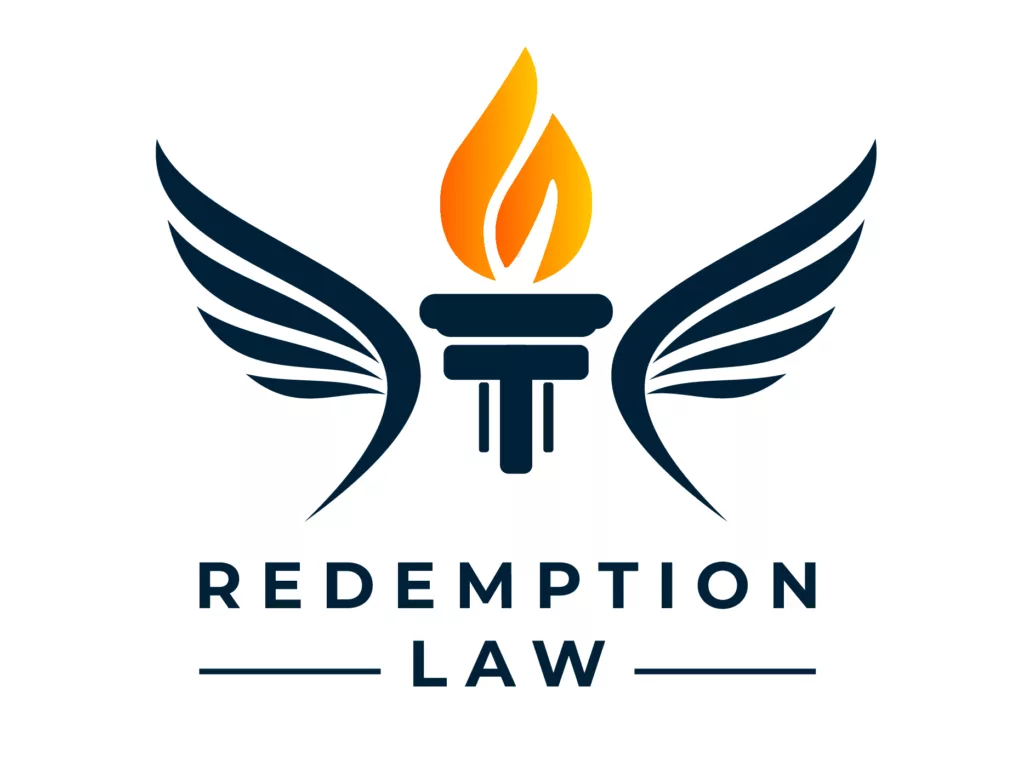
If you get hurt in an accident, and the other side accuses you of being partially at fault, don’t lose hope. You can still seek compensation for your injuries.
Depending on the circumstances, you could:
- File a claim with your own PIP insurance
- File a claim with your health insurance provider
- File an insurance claim with the other driver’s insurance company
- File a personal injury lawsuit in court
Whether you file a PIP insurance claim or a personal injury lawsuit after an accident, you need help from an experienced lawyer, especially if you were partially to blame for the wreck. A good Miami personal injury lawyer can uncover valuable evidence for your claim, defend your rights, and demand the compensation you deserve.
Related articles
Related articles Related articles Related articles Related articles Related articles Related articles Related articles Related articles Related articles Related articles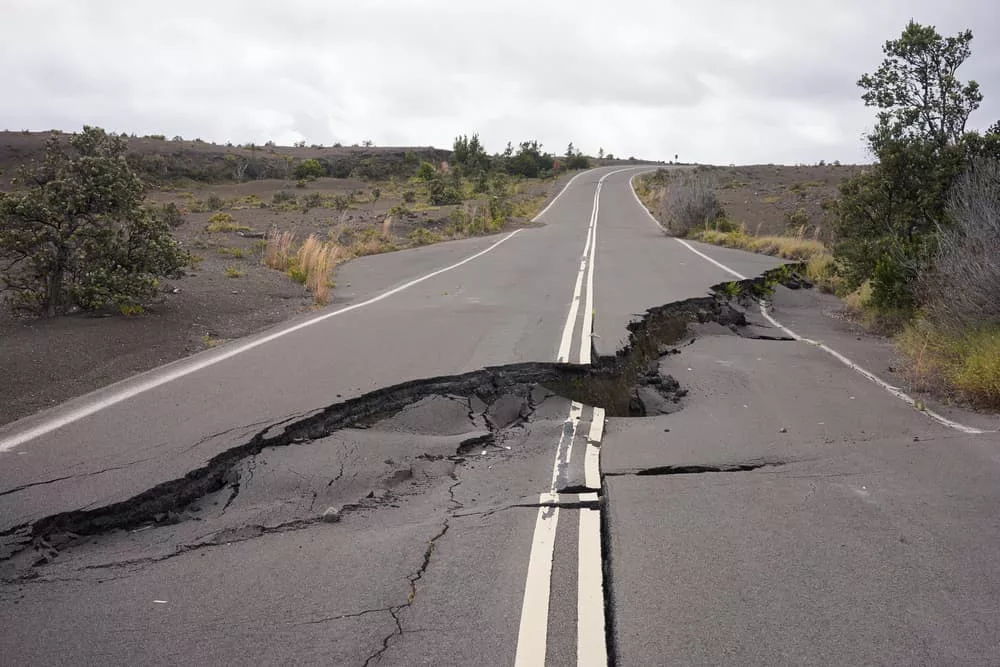
Car Accident
18 Jan 2024
Who Is Liable if a Road Hazard Causes a Car Accident?
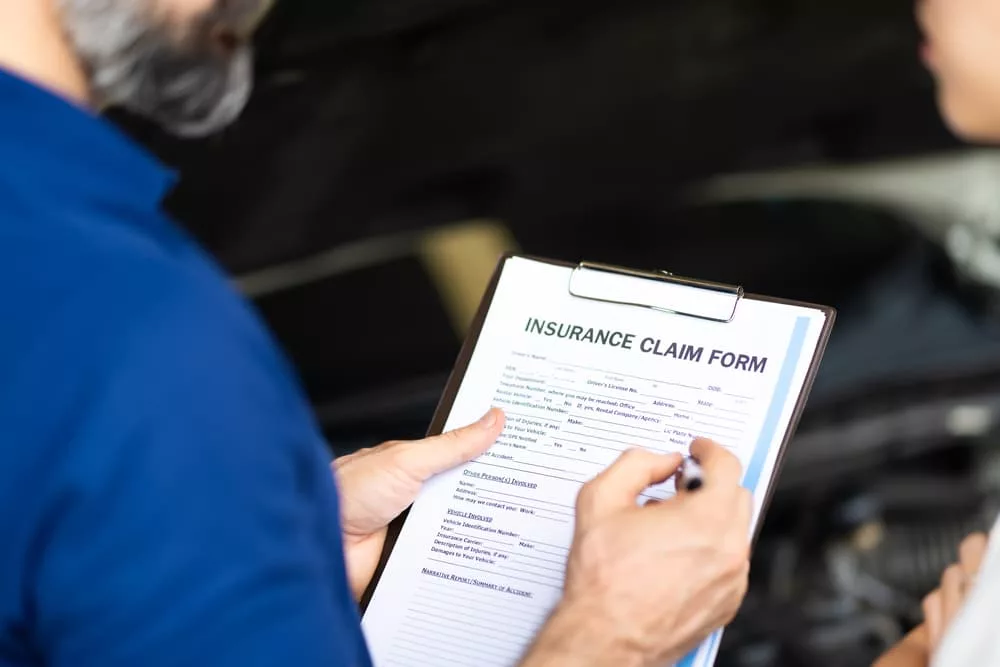
Car Accident
16 Jan 2024
How to File a Car Accident Claim as a Passenger
